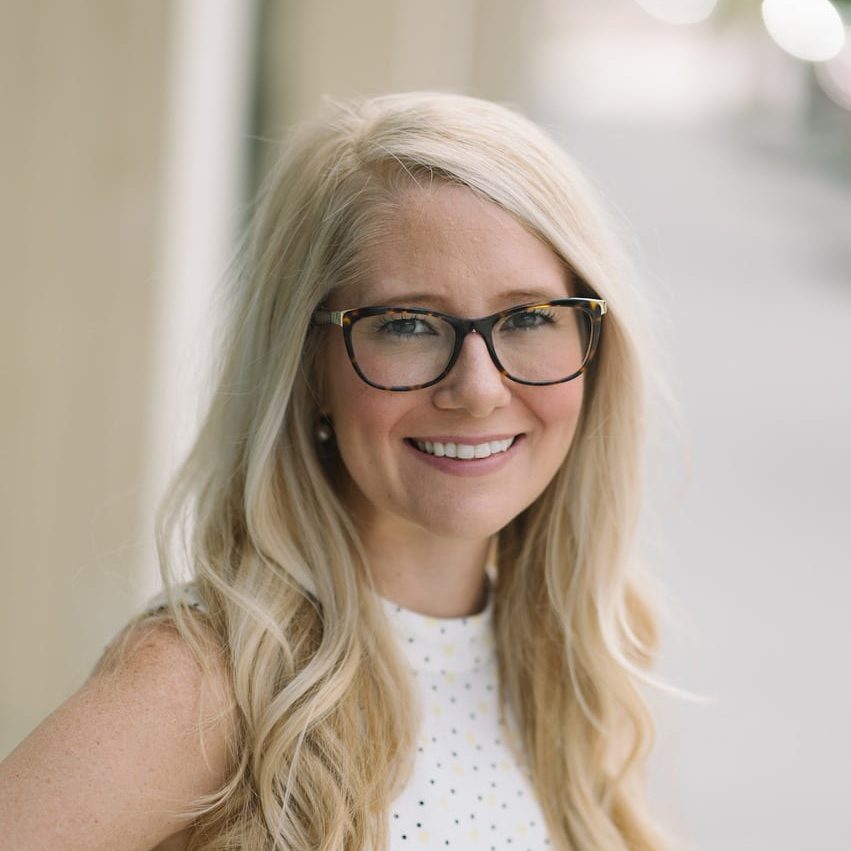We Need to Close the Coverage Gap for Independent Workers
COMMENTARY

In her 1980 hit “9 to 5,” Dolly Parton laments that the traditional workplace is “enough to drive you crazy if you let it.” Four decades later, people seem to be taking this to heart, as one-in-five workers today are eschewing the traditional workplace in favor of more flexible independent contracting. However, America’s social safety net hasn’t changed much since Parton’s song went number one, meaning roughly 57 million independent workers lack access to critical benefits like healthcare, retirement, worker’s compensation, and family leave.
According to The Freelancing in America 2019 report, 47 percent of independent workers choose to freelance because they need a flexible work schedule to navigate circumstances in their personal lives. Essentially, the flexibility of independent work helps people meet the sometimes inflexible needs of their household.
As more Americans pursue independent and flexible work – whether as a way to make ends meet, or as a new career – this coverage gap will only get bigger, which is why our lawmakers need to update our safety net as soon as possible.
The problem with the current safety net is that it’s built on an outdated concept of work. Years ago, “work” generally meant clocking in at a full-time job, and in return, your employer would give you benefits. As a result, the social safety net became tied to full-time employment; for example, roughly half of all Americans today get healthcare from their employer.
These days, however, a lot of workers don’t want to be constrained to a full-time schedule. New opportunities, such as app-based platforms like ride-sharing and food delivery, give workers the ability to be their own bosses and build a schedule that works for them and their families. For example, one study by the National Bureau of Economic Research found that ride-share drivers overwhelmingly value the flexibility of independent work over a rigid schedule.
Therein lies the issue: these workers want to remain independent, but that independence means they can’t get the same benefits as full-time workers. So how do we fix it?
Portable benefits are a commonsense solution to this problem. Here’s how it works: a worker and whatever company they’re working for would pay into a plan, but if the worker got a new gig, that company would start paying into the plan. No matter where someone is working at a given moment, their plan would go unchanged and their benefits would always be there when they needed them.
A modernized plan would understand the transient nature of independent work. Many workers get new gigs frequently, or work for several companies at the same time. Portable benefits would ensure their safety net is stable and durable no matter what.
In addition, creating a national portable benefits plan will go a long way towards addressing systemic inequalities. Right now, about half of all Americans who don’t have health insurance are people of color. Immigrants are more than twice as likely to be uninsured. Over 60 percent of Black and Latino households have no retirement savings.
One survey in San Francisco found that nearly 80 percent of the city’s ride-share workers were people of color and over half were immigrants. Providing benefits to these workers, whatever gig they’d like to take on, would help close some of the inequality gaps that have persisted in our system for far too long, while allowing workers to keep the flexible schedules they want.
Research indicates that gig, freelance, and self-employed economics are not only here to stay, but that this new way of working is forecast to grow with the rise of technological advancements and automation that enhance our way of living.
Right now, too many workers in our country lack access to a social safety net. In the new year, it is absolutely critical that lawmakers give our safety net a 21st century makeover and create a portable benefits system that gives independent workers the benefits they deserve while preserving the flexibility they love.
Caroline Jones is a digital marketing consultant and the Executive Director of Social Media Club, an organization that connects independent workers across the country in collaborative and educational efforts.
























